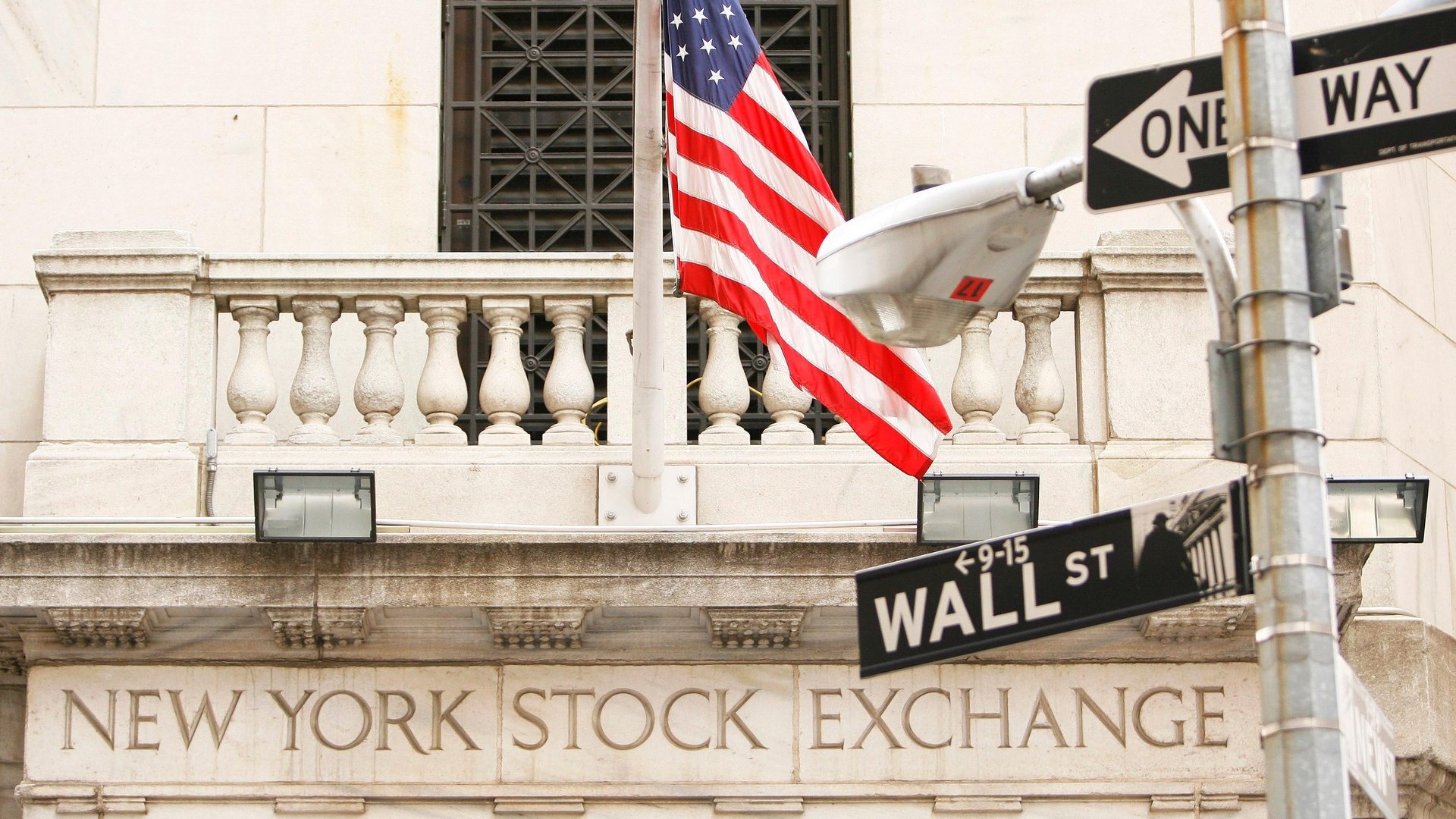Morgan Stanley, Bank of America, and the industries and companies AI could impact the most
A new report finds the financial and legal industries among those most ripe for AI disruption

Automation isn’t new—it’s been happening since the Industrial Revolution. But the latest version, generative AI, will probably impact highly skilled, professional work the most.
Suggested Reading
Workforce reductions in the next decade could be driven less by machines replacing humans than by economic growth lagging productivity increases, according to a recent study from the Society for Human Resource Management (SHRM) and Burning Glass, a research analytics firm.
Related Content
Thanks to increasing AI adoption, the business landscape will undergo a series of macroeconomic shifts, the report predicts. Early adopters will enjoy a leap in worker productivity as the technology automates, augments or transforms various job roles. But that surge is unlikely to meet a corresponding growth in demand for goods and services, leading to overstaffing in many industries.
What can employers do?
The report advises business leaders to prepare mitigation strategies—such as hiring freezes—to minimize disruptions. Employers can also invest in their workers, by doing things like offering in-house reskilling programs that shift people to areas where demand is more stable.
The study’s authors analyzed the relationship between AI applications and occupational skills to figure out which jobs will be impacted the most, both positively and negatively.
When it comes to the latter, financial services are disproportionally affected. Here are the 10 industries and employers that will see the most disruption from AI:
Industries
1. Mortgage and nonmortgage loan brokers
2. Law offices
3. Investment banking and securities dealing and brokerage
4. Commercial banking
5. Offices of certified public accountants
6. Investment advice
7. Tax preparation services
8. Human resources consulting services
9. Marketing research and public opinion polling
10. Insurance agents and brokers
Employers
1. Morgan Stanley
2. Bank of America
3. Northwestern Mutual
4. Goldman Sachs
5. Wells Fargo
6. J.P. Morgan
7. McKinsey & Co.
8. KPMG
9. Fidelity Investments
10. American Express
